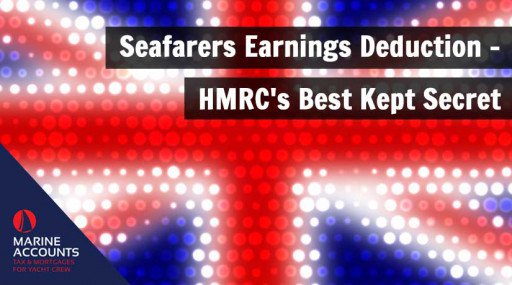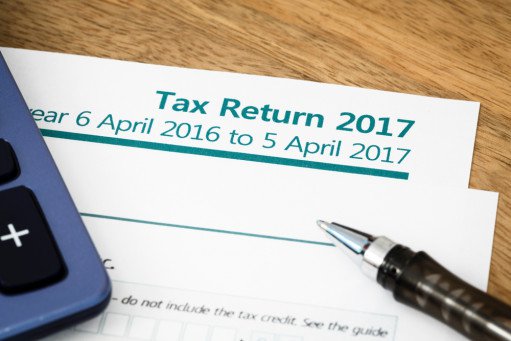FAQ's: What's on Your Mind?
- Authors
-
-

- Name
- Patrick Maflin
-

Over the years we at Marine Accounts have grown from being an idea in the head of Owner & Director Patrick Maflin, to a company able to assist thousands of seafaring clients from a plethora of backgrounds across the globe.
Yet, whilst we've grown and the yachting industry has changed greatly in our time, we can't help but notice that some of the most common questions we're asked haven't.
Below we address some of the queries posed to us regularly by crew.
Chapters
- To Qualify for SED Can I Carry Forward Days Spent Outside the UK in Previous Years?
- Do I Need to Visit a Foreign Port Each Time I Board a Vessel?
- In New Zealand, What Do the IRD Consider to be a Permanent Place of Abode (PPA)?
- What Else Would You Like to Know?
To Qualify for SED Can I Carry Forward Days Spent Outside the UK in Previous Years?
The short answer to this question is yes, but we'll need to explain a little further.
In the case that you have spent more than the 183-day requirement outside the UK in your first year working at sea "the half day rule" will be applied moving in to each following year.
Guidance states that once you have achieved an initial qualifying period of at least 183 days outside the UK in a 365-day period, you will continue to qualify as far as your day count is concerned as long as the 2 requirements below are met:
- You have spent at least half of your time outside the UK since the beginning of your qualifying period.
- You do not spend 183 consecutive days in the UK at any point (this automatically breaks your qualifying period and a new one must be established).
(When counting your days HMRC will consider any day on which you are outside the UK at Midnight to count as a day outside the UK)
Regarding SED, Do I Need to Visit a Foreign Port Each Time I Board a Vessel?
A commonly misunderstood aspect of the current SED legislation relates to when a requirement to set foot onboard a vessel at a foreign port is placed upon crew.
As it stands a crew member can remain compliant and maintain a qualifying period for the SED as long as they, along with the vessel, visit a foreign port during each employment.
In practical terms this means that you will qualify to claim the SED whilst working onboard a vessel in UK waters, visiting as many UK ports as you please, as long as the vessel either arrives in the UK from, or leaves the UK to arrive at, a foreign port whilst you are onboard at least once during your employment.
In New Zealand, What Do the IRD Consider to be a Permanent Place of Abode (PPA)?
Confusion around your position of tax residency in New Zealand will almost always come around the 3rd and final test applied by the IRD.
This tests states that you will remain a New Zealand resident for tax purposes as long as you maintain a "Permanent Place of Abode" in the country, however the term Permanent Place of Abode was not initially defined within legislation.
Fortunately for us, following the case "Commissioner of Inland Revenue vs Diamond", the court clarified that the term Permanent Place of Abode refers to "more than the mere availability of a dwelling.
The phrase implies actual usage by the taxpayer of the property as residence".
In most cases we have encountered this allows us to give a simple answer as to whether this test has been met.
That simple answer being that if you have a property in New Zealand which you use as your residence upon return on a habitual basis, then you will be considered to have a PPA and thus be determined by the IRD to be a resident of New Zealand for tax purposes.
To have an investment property in the country or use the sofa of a family member when you do return home, is unlikely to be enough for the IRD to make the PPA case.
What Else Would You Like to Know?
Whilst we've covered above some of the most common questions we encounter, from a few of the countries in which we offer advice, we know that each of your individual circumstances is different so if there's anything that you're unsure of personally then don't hesitate to reach out.
Disclaimer: Any advice in this publication is not intended or written by Marine Accounts to be used by a client or entity for the purpose of (i) avoiding penalties that may be imposed on any taxpayer or (ii) promoting, marketing or recommending to another party matters herein.
Also on Marine Accounts

Patrick Maflin






